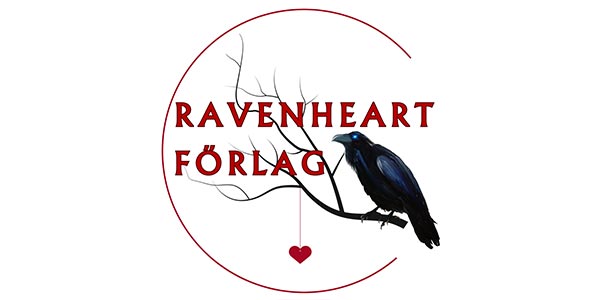
Piety, Intimacy and Mobility : A Case Study of Charismatic Christianity in Present-day Stockholm

| Serie | Södertörn Doctoral Dissertations |
|---|---|
| Författare | |
| Förlag | Södertörns högskola |
| Genre | Religion |
| Format | Häftad |
| Språk | Engelska |
| Antal sidor | 247 |
| Vikt | 560 gr |
| Utgiven | 2013-04-01 |
| SAB | C |
| ISBN | 9789186069575 |
Stockholm County is a post-industrial Swedish region characterized by high levels of mobility and technologization as well as ethnic and religious diversity. Among its religious minorities exist various strands of charismatic Christianity, some of which originate from the Pentecostal revival of the early 20th century and some of which belong to more recent movements.
The aim of this ethnographic study is to examine how affiliates of the multicultural charismatic Christian congregation New Life Church practice religiosity within the context of their personal daily lives, within the framework of the general congregation and in terms of their involvements with other religious organizations in the area of Stockholm.
Beginning with the assumption that the practice of contemporary religiosity and the development of a religious identity are part of an ongoing process of habituation, the study describes how practitioners cultivate a form of charismatic piety characterized by certain embodied orientations, patterns of ritualization and narrative genres. To shed further light on this process, it draws upon a variety of theories concerning ritualization, embodiment, performance, narratives and materiality. Apart from this, the study also constitutes an attempt to explore and measure the impact on the practitioners’ religiosity of late modern developments such as urbanization, detraditionalization and global mobility as well as the growing absorption in consumerism, emotional intimacy and the unfolding of the “authentic” inner self.
While pursuing these ends, the study also calls into question previous assumptions about charismatic Christianity in Sweden, most particularly the assumption that today’s practitioners remain inclined to be entirely faithful to one given institution and its system of beliefs and practices. Indeed this view is directly challenged herein by the finding that contemporary charismatics are far more inclined to eclectically appropriate elements and models of thoughts from various contexts of origin as well as to affiliate with and/or visit multiple Christian institutions.





















